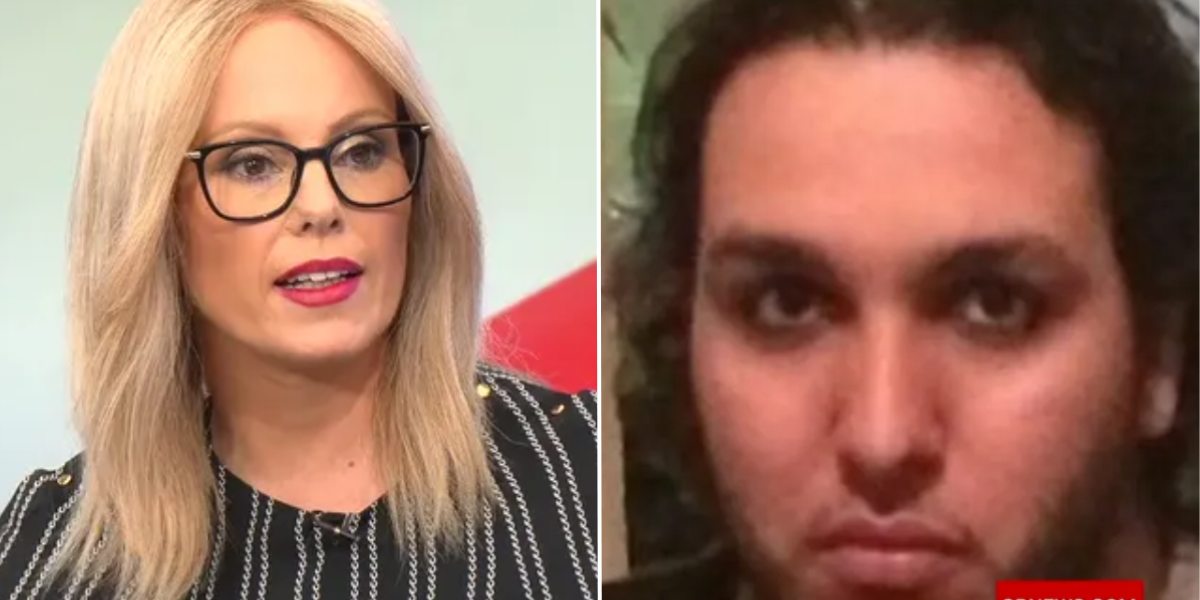The Controversial Release of Abdalraouf Abdallah: A Public Outcry
The impending release of Abdalraouf Abdallah, a friend of Manchester Arena bomber Salman Abedi, has ignited a wave of public concern and outrage, particularly from media personalities and public figures. Michelle Dewberry, a presenter for GB News, has taken to social media to express her dismay over the situation, highlighting the complexities of the justice system and the perceived inequalities in how different offenders are treated.
Background on Abdalraouf Abdallah
Abdalraouf Abdallah was sentenced to nine-and-a-half years in prison in 2016 for facilitating individuals traveling to Syria to join the Islamic State group. His actions have been scrutinized in the wake of the 2017 Manchester Arena bombing, which claimed the lives of 22 people. While Abdallah was not directly involved in the attack, a public inquiry revealed that he played a significant role in radicalizing Salman Abedi, the suicide bomber. This connection has led to heightened concerns about Abdallah’s potential for future extremist behavior.
The Risk Assessment
Despite serving his sentence, Abdallah is set to be released in November, raising alarms among officials and the public alike. Reports indicate that he poses a "high risk of serious harm to the public, to children, and staff." The Parole Board, which reviewed his case, noted that Abdallah continues to exhibit a moderate level of engagement with extremist ideologies and possesses the capability to commit further acts of terrorism. This assessment has led to questions about the effectiveness of the rehabilitation process for individuals with extremist backgrounds.
Michelle Dewberry’s Reaction
Michelle Dewberry’s vocal criticism of Abdallah’s impending release has resonated with many who share her concerns. On social media platform X (formerly Twitter), she pointed out the apparent contradictions in the justice system, stating, "Officials reckon this fella poses ‘a high risk of serious harm to the public, to children & staff.’ Yet he will soon be free." Dewberry’s comments reflect a broader frustration with the justice system, particularly regarding the treatment of Indeterminate Sentences for Public Protection (IPP) prisoners—individuals who are incarcerated for crimes deemed less severe than terrorism yet remain behind bars indefinitely.
The Justice System’s Dilemma
The case of Abdallah raises critical questions about the balance between public safety and the rights of offenders. As Abdallah approaches the end of his full sentence, officials are unable to impose restrictions on his behavior or dictate where he can live. This lack of control has sparked fears among the public, especially given the potential for Abdallah to re-engage with extremist networks.
The situation is further complicated by the existence of thousands of IPP prisoners who are incarcerated for lesser offenses but are deemed a risk to public safety. Many advocates argue that the system is failing to protect the public while also not providing adequate support for rehabilitation. The disparity in treatment between different types of offenders has become a focal point for discussions about criminal justice reform.
Public Sentiment and Future Implications
The public outcry surrounding Abdallah’s release is indicative of a larger societal concern regarding terrorism and radicalization. As communities grapple with the aftermath of high-profile attacks, the fear of re-offending looms large. The potential for Abdallah to reintegrate into society without oversight raises significant questions about the effectiveness of current rehabilitation programs and the measures in place to prevent future acts of violence.
In conclusion, the case of Abdalraouf Abdallah serves as a stark reminder of the complexities surrounding the release of individuals with extremist ties. As Michelle Dewberry and others continue to voice their concerns, it is clear that the conversation around public safety, rehabilitation, and the justice system is far from over. The implications of Abdallah’s release will likely resonate within communities and among policymakers as they seek to navigate the delicate balance between justice and public safety.
